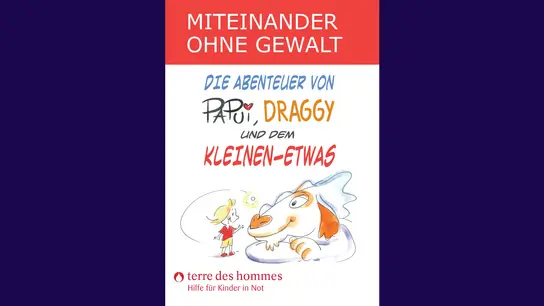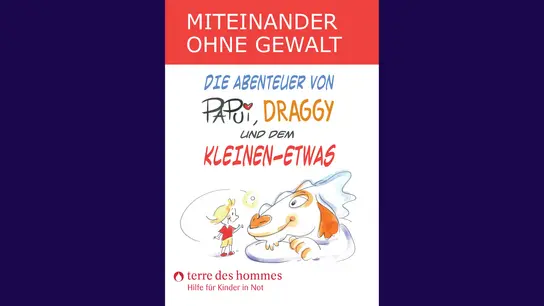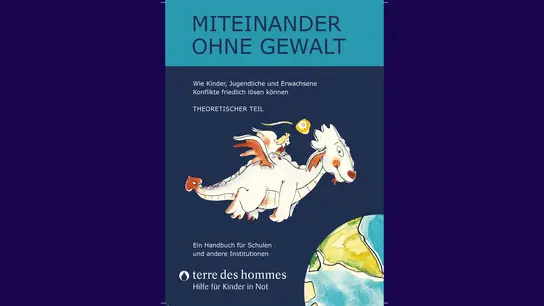Without violence, a peace manual is. It wants to convey to children, young people and adults around the world how they can solve conflicts peacefully.
Without violence, there is a prevention of violence for children in schools and social institutions. The curriculum is structured in such a way that it can be used worldwide: for children in crisis areas, in developing countries, but also in the everyday living environment in the western context. There is violence all over the world: whether at school, on the schoolyard, on the bus or at home. The program is aimed at children from six to twelve years.
Without violence, together is a curriculum that is supposed to reduce aggressive behavior of children. The children are trained in social behavior. They learn to perceive their feelings and express them, to perceive their own limits and that of others. Solving conflicts peacefully without applying violence is the learning objective of this program.
The peace manual
The adventures of Papui, Draggy and the little one
Papui the little one and draggy are the best friends. They fly around the world to find a place where they can live peacefully. But they experience violence everywhere. On your trip you will experience many adventures and you will learn how to find your own peace. The comic is designed for teaching and enriches the practical part with its descriptive pictures. The peaceful conflict resolution for children and adolescents is made understandable by many small stories.

Instructions for parents, teachers and social workers such
as children, adolescents and adults can peacefully solve their conflicts.
A manual with theoretical foundations of civilian conflict management, for example: "What is violence?", "The levels of conflicting", as well as children's rights and pedagogical foundations: dealing with anger and anger, empathy and impulse control. 64 pages
The author
Rita Erben, Germany born in 1955, lived in Cologne and since 2008 in South India/ Auroville. Studied social pedagogy and communication sciences. After ten years of work as a social worker, I switched to the media. Since 1993 I have been a free radio and film author for the public legal institutions (ARD and ZDF) with a focus on human rights and social policy. Motivation for the project: "I have worked in war and crisis areas worldwide for 15 years. What I learned during this time: Peace cannot be found by violence, not even through science, revolutions or religions. Peace can only be found in yourself. Cooperation in this peace folder is a beginning."
Astrid Kummer, lives in Berlin, Germany. She previously lived in Auroville, India for many years. In recent years, she has participated in theater and clown workshops in various countries and implemented what they had learned there in their projects. "I think it is very important that we become aware of ourselves, our feelings, our inhibitions, our strengths and how we deal with others. I have not learned something like this at school. So I think that children can be better equipped for life if they learn to get to know and understand themselves better. And hopefully that would lead to all more peaceful with each other.
Emanuele Scanziani, Italy was born in Milano in 1966, Italy, and began his career as an illustrator at the age of 16. "For 12 years I worked in the family business - a drawing office where I designed greeting cards and illustrated children's books. In 1995 I moved to Auroville, where I remained loyal to my job. Since then I have illustrated many books for projects from all over the world - projects that drive sustainable development, promote ecological awareness and support pedagogy."
partner
The creation of this website was supported by civilian, a program for civil conflict resolution from the Institute for Foreign Relations (IFA) from the Federal Foreign Office.
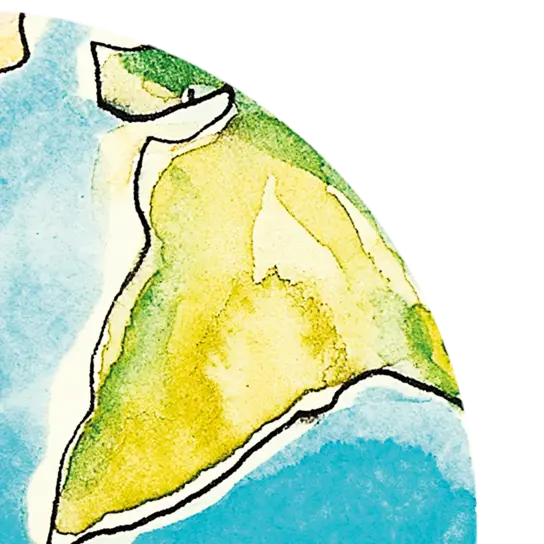
About Terre des Hommes
Our name " Terre des Hommes " stands for a "Earth of Humanity." Climate change, child labor, war, and displacement – we empower children and young people and protect them from violence and exploitation with our projects. We provide humanitarian aid and improve the living conditions of children worldwide. What is particularly important to us is that we work with local partner organizations and enforce their rights together with children.
As a children's rights organization, we are independent of governments, businesses, religious communities, and political parties. We support approximately 370 projects for children and young people in more than 40 countries. Terre des Hommes has approximately 1,500 members in Germany and numerous volunteers working for children's rights in approximately 80 locations. 6,000 young people are active in our international youth network.
Your contact person
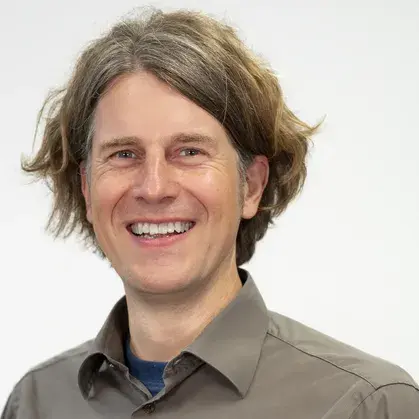
Ralf Willinger
Speaker children's rights and peace culture

